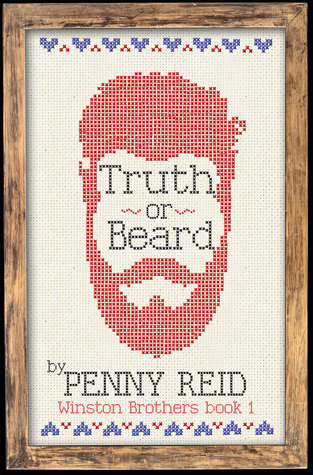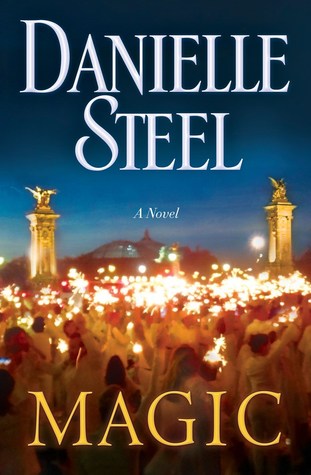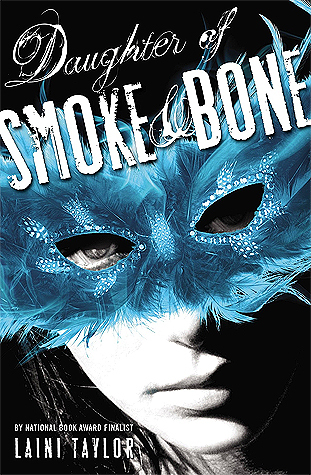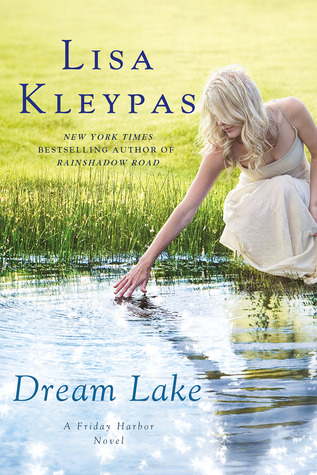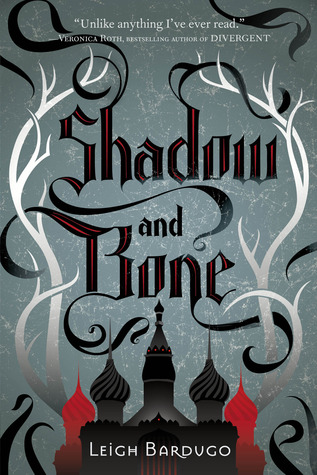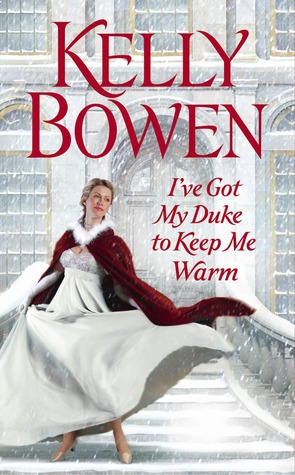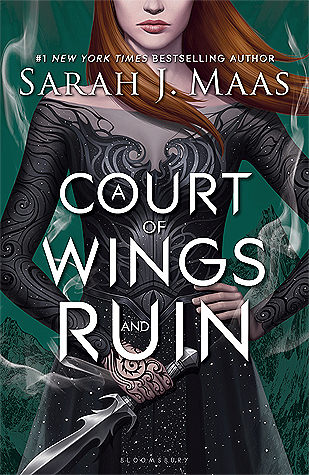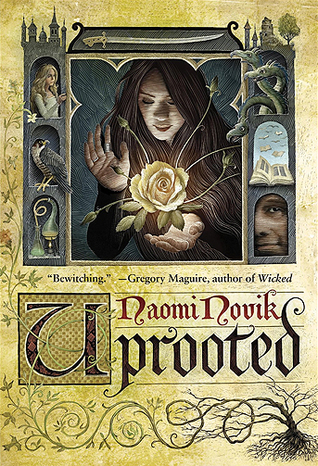 Wow, what a stunning book! One of the perks of having a Book of the Month subscription is that you sometimes get access to books slightly earlier than their publication date; so, while this was slated to come out on 6/13, I received it about a week and a half early. Not an advanced reader copy, to be sure, but I was intrigued by the book and happy to get it early.
Wow, what a stunning book! One of the perks of having a Book of the Month subscription is that you sometimes get access to books slightly earlier than their publication date; so, while this was slated to come out on 6/13, I received it about a week and a half early. Not an advanced reader copy, to be sure, but I was intrigued by the book and happy to get it early.The story here is about two women: the eponymous Evelyn Hugo, a movie star from the 50s on through the late 80s, and Monique Grant, a reporter for the magazine Vivant in the present day. Evelyn has given several of her gowns from her starlet days to be auctioned in support of breast cancer research, and she requests that Monique come to give her an interview, presumably about the gowns...until Evelyn reveals to Monique that she actually wants to give Monique her life story to be published by Monique after Evelyn dies, with all of the profit going to Monique herself. Since Evelyn is pretty much a Hollywood Golden Age icon, there's quite a bit of money to be made there. Monique is suspicious of Evelyn's motives, but agrees. And off we go.
Monique establishes pretty early on that the biography is going to have to tackle one main question: for a woman who was married seven times, who really was the love of her life? That question is actually answered fairly early in the book, but another question not directly relevant to the story remains: why on earth has Evelyn chosen Monique to write this story?
Here are some of the things tackled in this book: the exclusion of bisexuals from the rest of the LGBT community (even though the B is in there), surrendering personal and cultural identity in order to be successful, using sex to get ahead, abusive relationships, different types of love, being able to choose your family, and the right to die. Wow. What a lot to tackle, and the author did it wonderfully. It's pretty much all dealt with in Evelyn's story, rather than in Monique's; though the book starts with Monique, her story is actually a very small slice of the book. But Evelyn has lived a long time and been through a lot, and as her story unfolds all of her trials and tribulations are woven together wonderfully. Evelyn is a survivor. She doesn't have a lot of regrets, even though she acknowledges that she made bad decisions. But she made them to get what she wanted, and she says that's not something she can bring herself to regret. Monique has difficulty understanding these decisions sometimes, and Evelyn is always prompt about setting her straight, and Monique is always apologetic and open to shifting her worldview to accommodate--exactly what needed to be done for this story to work.
The book is divided into eight sections: one preliminary section and then the seven that focus on Evelyn's time married to each of her seven husbands. Some sections are longer than others, roughly based on the length of the marriage that the section details. But despite the setup, Evelyn's story is not defined by men. She uses them, she loves them, she leaves them, she survives them...but she's a strong woman in her own right who's always striving for something more. Marriage and motherhood do not define Evelyn; they are simply things she encounters along her journey.
My one complaint about this book is that we were clearly supposed to be shocked by several events at the end: the reveal of why Evelyn wanted Monique to write her story, when the book was going to be released, etc. But I didn't find any of this shocking, only mildly interesting at best; I think the seeds had been obvious enough in the rest of the book that there wasn't a lot of guesswork actually needed in order to see where things were going. But it was still a good setup, even if the reveal wasn't as twisty or gasp-worthy as I think it aimed for.
I haven't read any of Taylor Jenkins Reid's other works, but man, if this is an indication of how good they are, I can't wait to start.
4.5 stars out of 5.
